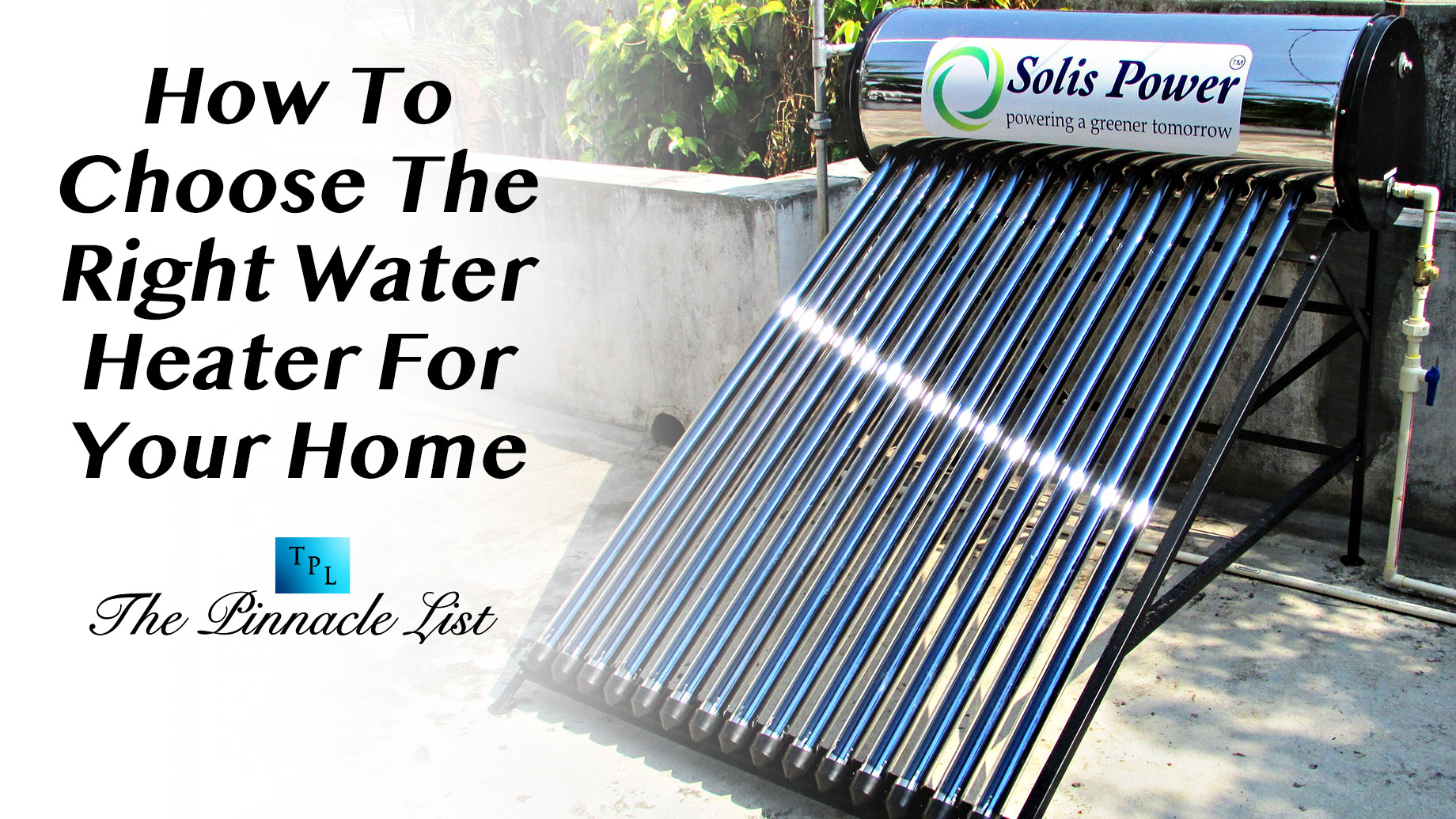
When you’re in the market for a new water heater, it can be tough to choose the right one. There are so many different types and brands available. Here are some factors you need to consider when choosing a new water heater to make the best decision for your needs.
Consider the Capacity
Depending on the size of your home and the number of people living in it, you’ll need to install a water heater with enough capacity to meet your needs. For example, a small home with only one or two occupants will likely need a smaller water heater than a large home with multiple occupants.
Another factor to consider is the amount of hot water you use daily. If you have many people in your home or entertain guests frequently, you may need a water heater with a higher capacity. If your usage is not much, a smaller water heater will be sufficient for your needs.
Installation Costs
When you buy a new water heater, there are several costs. First, you will need to purchase the water heater itself. This can range in price from around $300 for a basic model to $1,500 or more for a better unit. Next, you will need to pay for installation. This cost will vary depending on the type of water heater you select and the complexity of the installation, but it is typically between $200 and $600.
You will also need to factor in the unit’s cost. Most water heaters use electricity or natural gas, and both options have an associated cost. For example, electric water heaters typically cost around $25 per month, while gas water heaters usually cost around $10 per month. You should also factor in the permit cost and any other associated costs.
Fuel Type
One of the most important choices you’ll make when selecting a new water heater is deciding which fuel type is best for you. Gas, electricity, and oil are the most common fuel types used to heat water. Each fuel type has its advantages and disadvantages. Gas water heaters are typically the most affordable option, while electric water heaters are more expensive. Oil-fired water heaters are less common but are often the most efficient option.
Energy Efficiency
Water heaters account for a significant portion of home energy use, so choosing a model that is as energy-efficient as possible is crucial. There are a few different ways to measure the energy efficiency of a water heater. The first is the Energy Factor (EF). This measures how much hot water the heater produces per unit of energy used. The second is Thermal Efficiency (TE), which measures how much heat from the fuel is transferred to the water.
The higher the EF and TE, the more efficient the water heater will be. Models with higher energy efficiency ratings will cost more upfront but will also use less energy to operate, resulting in lower utility bills. Energy-efficient water heaters often have extended warranty periods, so you can be confident that your investment will pay off in the long run. When shopping for a new water heater, compare the models’ energy efficiency ratings to find the best option for you.
Warranty
Most water heaters come with a standard warranty of three to five years. However, some manufacturers offer extended warranties of up to 10 years. While an extended warranty may cost more upfront, it can save you money in the long run if your water heater needs to be replaced.
In addition, be sure to read the fine print of any warranty before you purchase a water heater. Some warranties only cover certain parts or types of damage. By doing your research ahead of time, you can be sure to choose the right water heater for your needs and budget.
Also, water heater replacement services offer warranties for their installation work, so be sure to ask about this when comparing providers. This can provide added peace of mind and potentially save you money in the future.
Choosing the right one for you is essential if you’re in the market for a new water heater. The tips we’ve outlined can help make the process easier and provide information on the different types of water heaters available. You may also want to hire a professional to get their opinion on what would be the best fit for your needs and help with the installation.